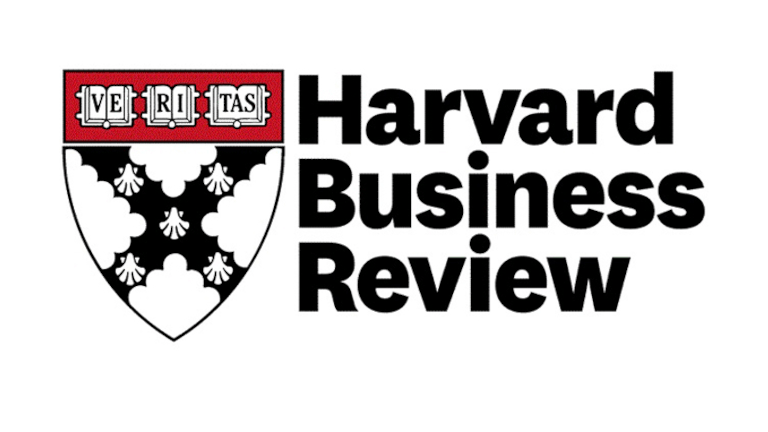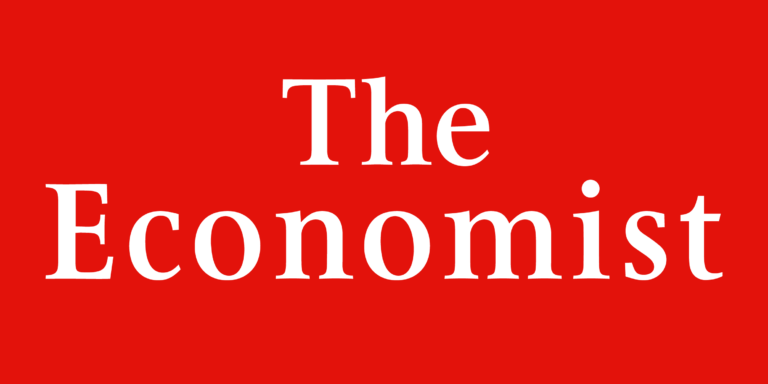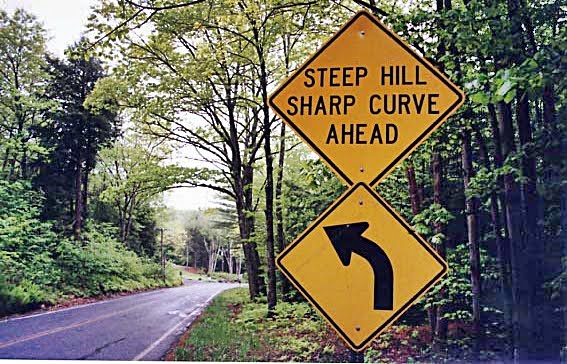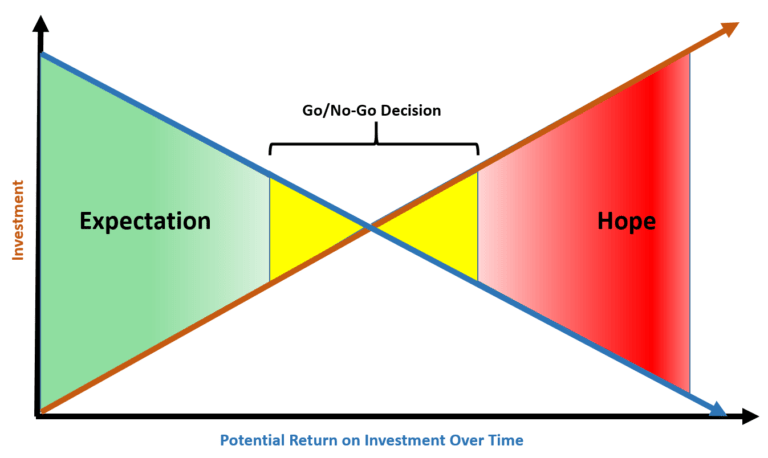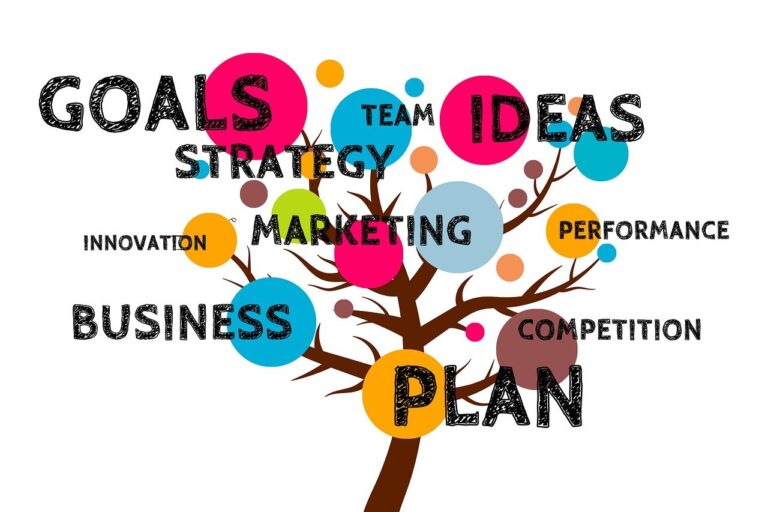Is Breakthrough a Dirty Word?
The history of fuel economy standards in the US automobile industry is an excellent example of typical resistance to Breakthrough.
It portrays how yesterday’s environmental obstruction is today’s common sense. (Excerpt from FAST COMPANY magazine, December 2011)
A History of Breakthroughs in the face of Resistance:
“In January, the European Union’s emissions trading system, the largest carbon market for greenhouse gases, plans to forcefully enroll any airline that stops in your country.
Airlines are livid, warning of increased ticket prices.”
1975 — High oil prices inspire “Congress’s Corporate Average Fuel Economy law (CAFÉ) — Automakers must increase fuel economy from 13 to 27.5 to miles per gallon.
1979 — Analyst Arvind Jouppi predicts the fallout from CAFÉ” — that Chrysler will become more and more of an assembler and marketer.
1985 — “CAFÉ” causes Ford to consider overseas production. “It’s dumb for the United States, for the union, and for Ford,” says Lewis Ross, a company vice president.
1985 — General Motors and Ford miss the “CAFÉ” target and face millions in fines. Says General Motors: “If we have to pay fines it will be with the capital we need to develop more fuel-efficient cars.”
1986 — Chrysler achieves the standard and condemns the rollbacks. Says Chairman Lee Iacocca: “It’s damn stupid to be penalized for obeying the law. It’s a shot in the head.”
1988 — “CAFÉ” is “a dinosaur that should be extinct.” said Sec. of Transportation James Bernie Burnley.
1989 – “With the café standard running on up, we could close some plants. There is no question about it,” says Chairman, Roger Smith.
1990s — The industry standard is 27.7 miles per gallon — more than double what it was at in 1975. Studies show that CAFE helped increase industry jobs by 25%.
Notice the depth of the resistance, the perceived threats in the prospect of the Breakthrough, and the sensible reasons found for avoiding it. This is often the pattern.
Almost everyone I’ve known who said they wanted a Breakthrough in something avoided doing what it would have taken to get it.
A Breakthrough is a sudden, unexpected outcome that you really want and commit to, yet not knowing how to do. A Breakthrough is a discontinuity from what already is there.
It can be a Big Wow:
• Caterpillar to butterfly
• Man on the moon
• People fulfilling on a lifetime of harmonious relationship
• Lots of money and honoring human beings
It can be a Simple Wow:
• Talking to more people about the job you want
• Apologizing for a mistake you made
However;
• Sarah and Barbara love the idea of a new possibility, and are desperately afraid of the actual experience.
• Tim engages Breakthrough with conviction for money, but uses a cruel man’s force in making it happen.
• Bill is a Breakthrough thinker, likes the thrill of it, and is a liar in that he never goes all the way.
• Don says that in business, once you’ve rejected the suicide option, all there is to go for is Breakthrough. He normally waits for the suicide option before proceeding.
• Fred is afraid of the unreasonable, always and ever; except when his company’s survival is threatened. He is a very successful first CEO.
• Barry talks a good Breakthrough transformation game, and in practice is timid and explanatory.
• Harry is a Breakthrough guy over and over again but always within the bounds of a mission of the fundamental intent. • Carl is attracted to Breakthrough ideas, but his fear keeps him below the radar.
• Gil is and always will be a member of the Church of Nothing Beyond What Already Is.
• Ted is a CEO for whom control is always more important than the uncertainty of a new possibility.
There have been books, research and change management projects in this area for a long time. The ideas and methods often work for a while. Not too much sustains. Human nature, habits and the existing/prior culture prevail.
The Breakthroughs that the world needs are hiding in people’s relationship to Breakthrough itself. This is an evolutionary problem; such as moving from Neanderthal to Homo sapiens. Evolutionary Activists must ask, “What might really work to alter peoples’ fundamental relationship to Breakthrough so that seeing the opportunity becomes as attractive and as much of a choice as staying safe or being comfortable?”
Every Cultural and Political Revolution started with a small group of people willing to go all the way for their convictions. The time has come for a Revolution that starts with our own conviction that Breakthrough Thinking and Intentions regarding transformation at the national, corporate and community levels is desirable, always possible, and often successful – and that this is not only the fundamental basis of individual freedom, but also the only way out of the intractable problems facing us.
Thomas Jefferson said,
“I have sworn upon the Altar of God eternal hostility against every form of tyranny over the mind of man.”
The greatest tyranny facing us today is the fear of Breakthrough Thinking and Breakthrough Relationships. Throughout history, Breakthroughs have always come from individual leaders and small groups of Kindred Spirits who choose to become Revolutionary Coaches in families, churches, companies, media, politics and communities.
Without this we are doomed victims of economic, secular and religious fundamentalism, and the continuing decline of our personal freedom in service to moneyed and political interests.
Charles E. Smith has been a senior executive coach and leadership consultant in corporations and government agencies in the United States, Europe, andCanadasince 1969. He graduated from the Boston Public Latin School and holds an A.B. from Harvard College, and M.B.A. from Harvard Business School, and a Ph.D. from Case Western Reserve University. Dr. Smith also holds a certificate in Gestalt Methods from the Gestalt Institute of Cleveland. He has taught at SirGeorge Williams University and McGill Centre for Management Education.
His first book, The Merlin Factor: Keys to Corporate Kingdom was published in 1995 in US, UK, China, and Romania. Read his new book, Navigating from the Future: a Primer for Sustainable Transformation, available at Amazon.
Contact him at smicharlie@aol.com



